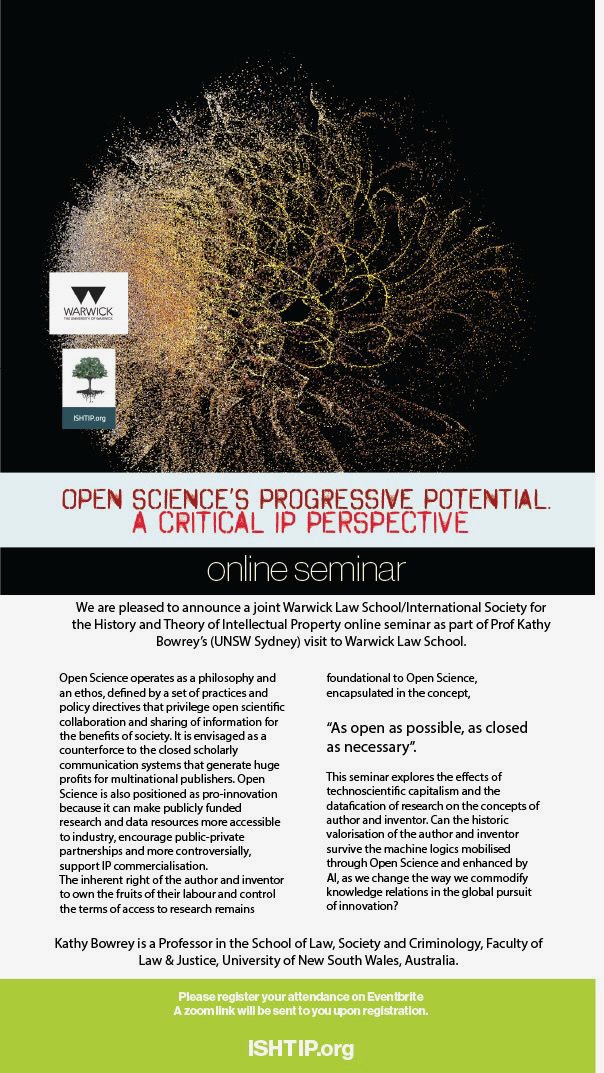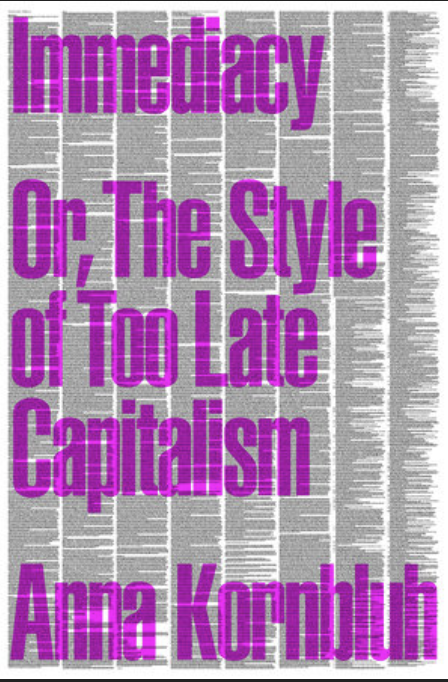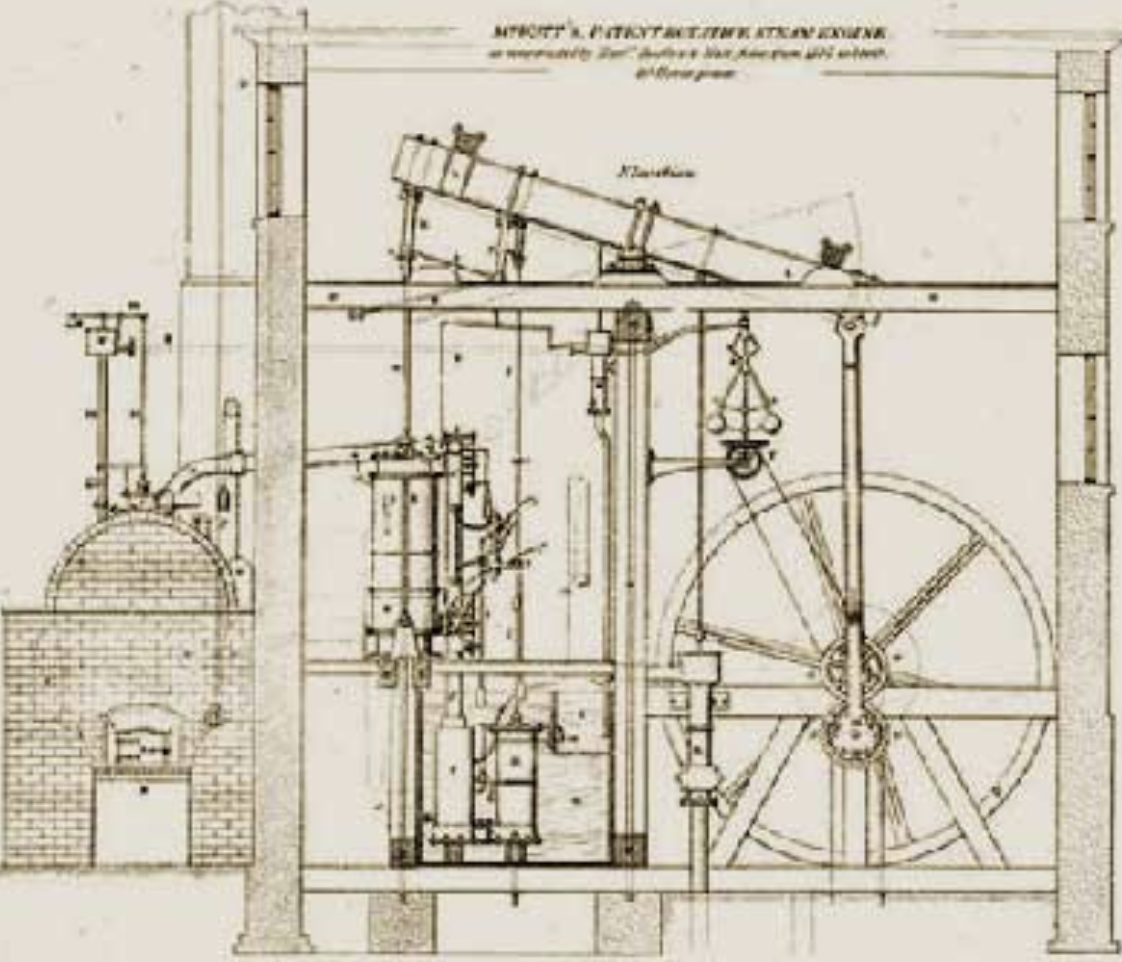Fan Control in the Era of the Entertainment Franchise: The Case of Harry Potter
Martha Woodmansee
Professor of English and Law, Case Western Reserve University
Abstract
Literary commentary, interpretation, translation, adaptation, sequelling, and criticism have figured among the defining activities of literary culture since the invention of printing. This paper is concerned with the constraints being imposed on these activities by the growth of the entertainment franchise. I examine the efforts of the Harry Potter franchise to constrain the diverse “fan” activities inspired by J.K. Rowling’s Harry Potter novels. My focus is this franchise’s legal action in Warner Bros. and J.K. Rowling v. RDR Books (2008) against the author of a comprehensive “reader’s companion” to the multi-volume Harry Potter universe. While the franchise prevailed, preventing this useful handbook from seeing the light of day, I argue that the court opinion should nevertheless be viewed as supportive of such “follow-on” activities. Through close reading of the court documents I suggest that the court’s acknowledgment of the importance of such activities to a vibrant literary culture may be traced to the expert testimony that painstakingly situated the handbook in an established tradition of literary practice. By demonstrating how the detailing of traditions of practice can help to educate judges, Warner Bros. v. RDR Books suggests the vital role that current “best practices in fair use” initiatives can play in curbing franchise ambitions.






